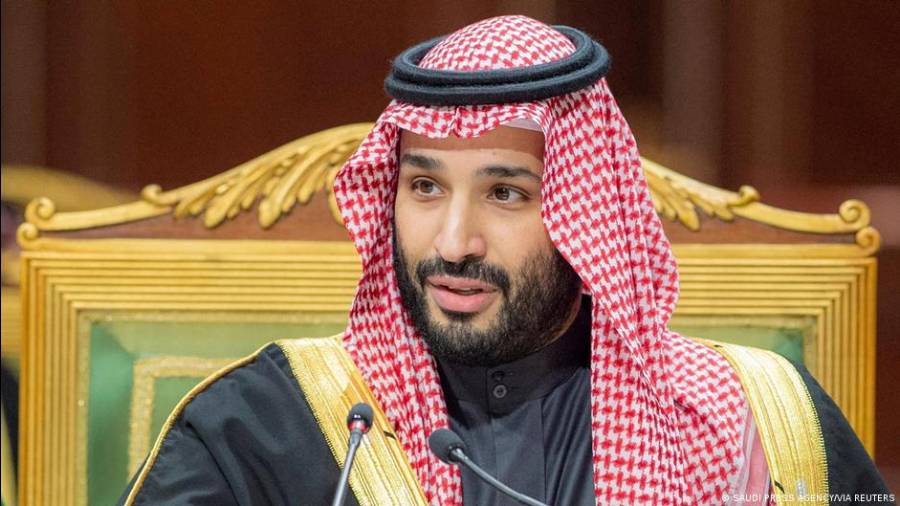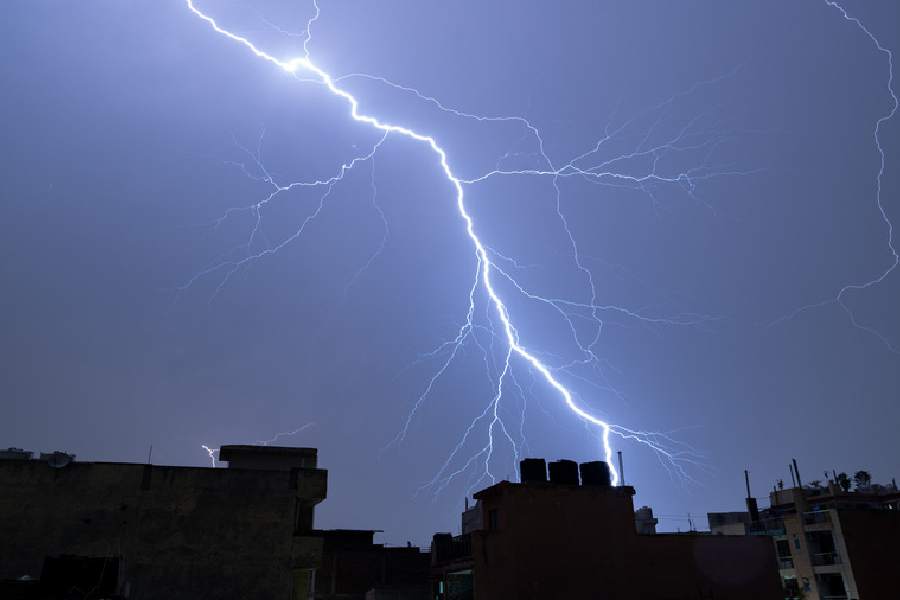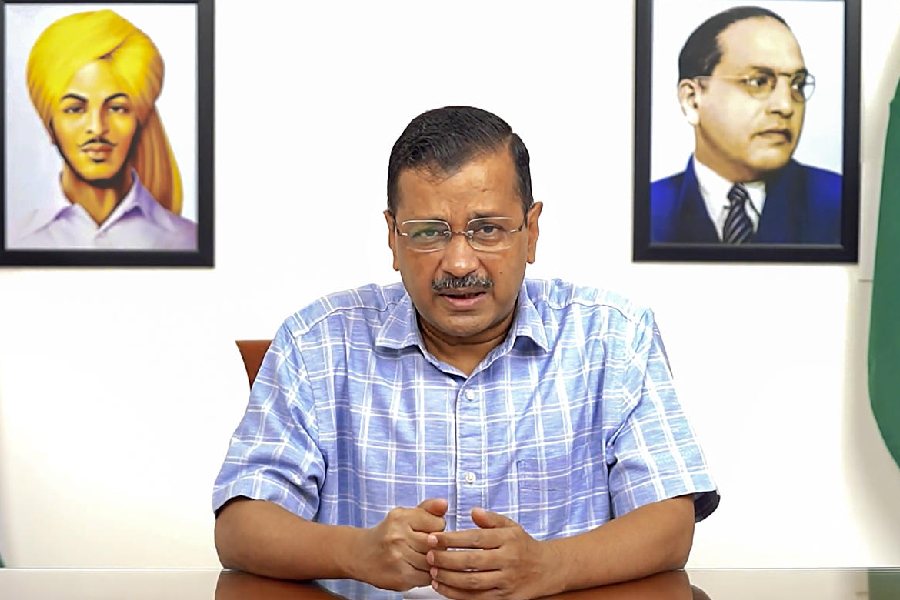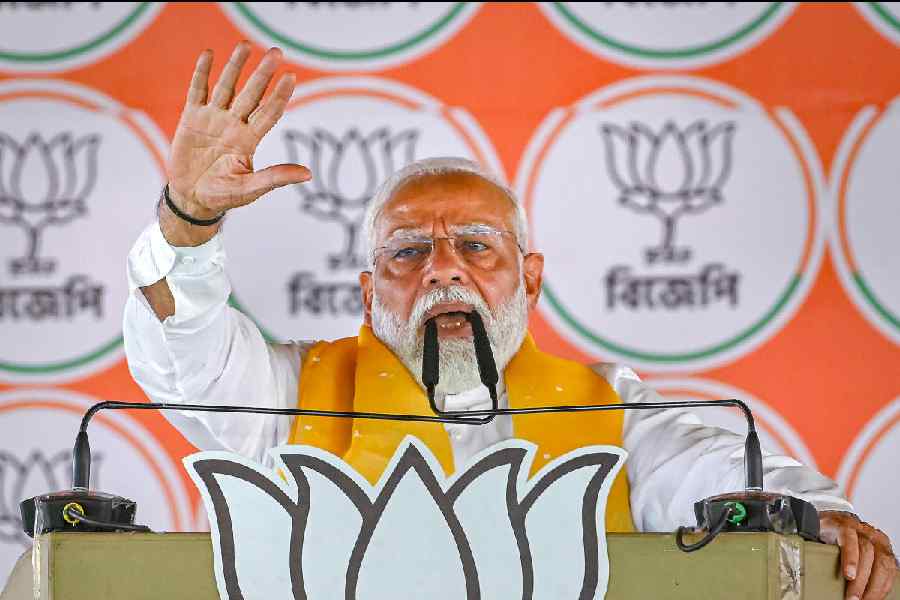For much of the past decade, Saudi Arabia sent billions of dollars in aid to Egypt, bolstering a poorer regional ally seen as too strategically important to neglect.
But recently, there has been a noticeable shift. Even as Egypt slides deeper and deeper into economic crisis, Saudi officials have sent a stern message: No more blank cheques.
Flush with an influx of oil revenue, the Gulf kingdom’s 37-year-old leader, Crown Prince Mohammed bin Salman, is increasingly attaching conditions to such aid — insisting on economic overhauls like cutting subsidies and privatising state-owned companies.
“It used to be 'Egypt is too big to fail',” said Karen Young, a senior research scholar at Columbia University’s Centre on Global Energy Policy. “Now the attitude is ‘Egypt is responsible for its own mistakes’.”
The world’s largest crude oil exporter, Saudi Arabia ended 2022 with a $28-billion budget surplus after Russia’s invasion of Ukraine pushed up oil prices. Despite that windfall, Saudi officials say they are tired of doling out aid to poorer states like Egypt, Pakistan and Lebanon only to watch it evaporate.
The kingdom is still sending money abroad. But much of it is now geared towards international investments for profit and influence and at kick-starting new industries at home. The Saudi government has also taken on a role similar to the IMF, which gives it even greater sway over regional politics.
“We used to give direct grants and deposits without strings attached,” the Saudi finance minister, Mohammed al-Jadaan, said in January in Davos, Switzerland, at an annual gathering of the world’s political and economic elite. “And we are changing that. We are working with multilateral institutions to actually say, ‘We need to see reforms’.”
Al-Jadaan’s declaration set off a war of words between Saudi and Egyptian pundits.
Saudi and Egyptian officials have worked to smooth things over, but the new power dynamic is not going away: Since his father became king in 2015, Prince Mohammed has transformed the way that Saudi Arabia uses its financial muscle, chasing higher investment returns and deploying oil revenue for leverage in West Asia and beyond.
Underpinning this more broadly is the crown prince’s effort to remake the kingdom’s own economy after oil prices plummeted in 2014, saddling the country with eight years of budget deficits. The focus is on spending that helps the country develop sectors beyond oil and to become a hub for a wider array of businesses as well as culture.
He is building on a model that smaller Gulf countries like the UAE and Qatar followed years ago.
“What the Gulf has that almost no one else in the world has is quite a lot of excess capital,” said Timothy E. Kaldas, an expert in Egypt’s political economy at the Washington-based Tahrir Institute for Middle East Policy. “That comes with power.”
New York Times News Service










